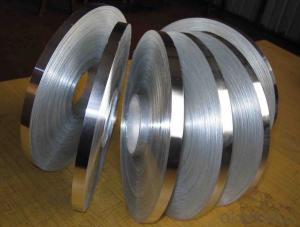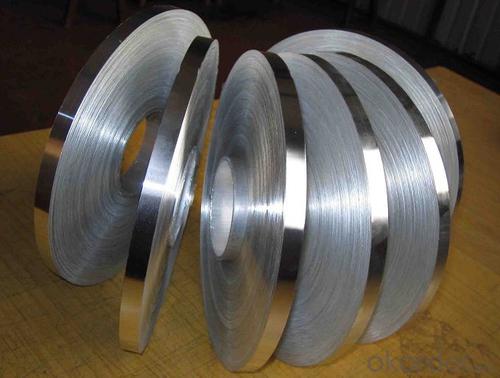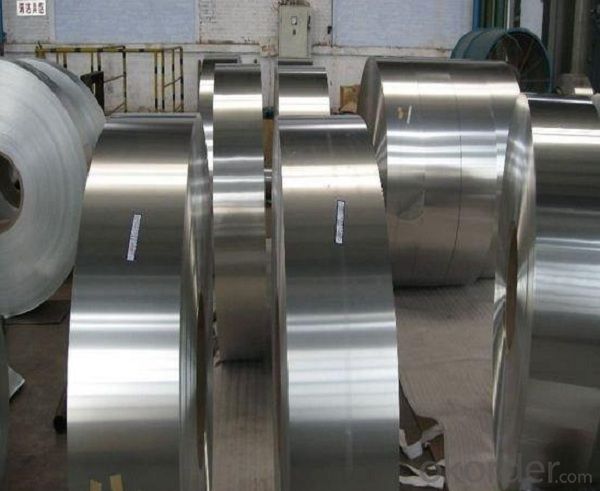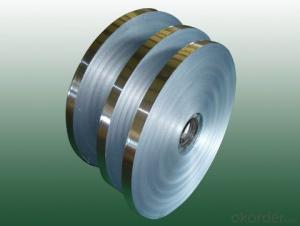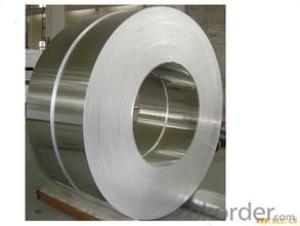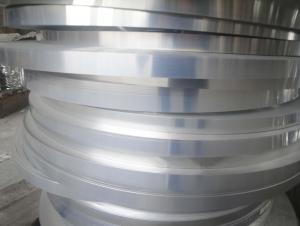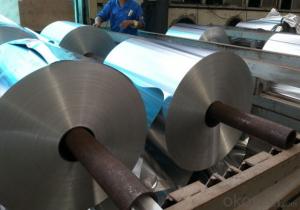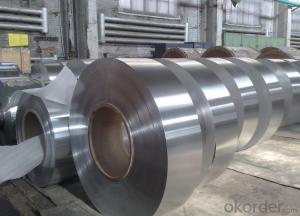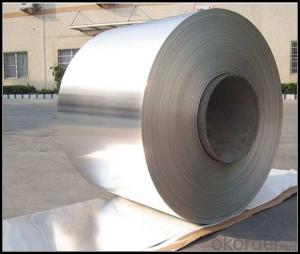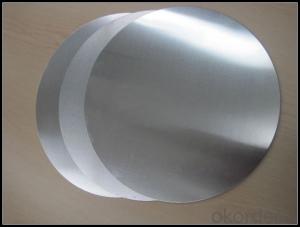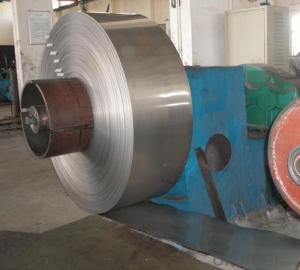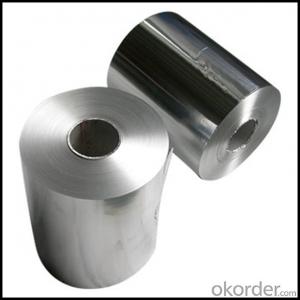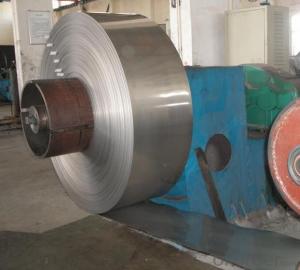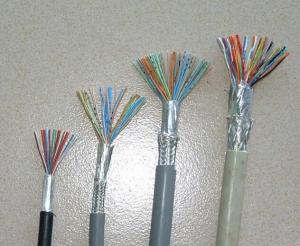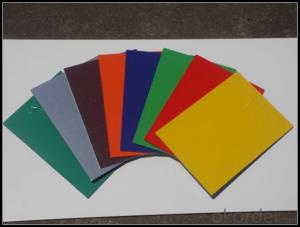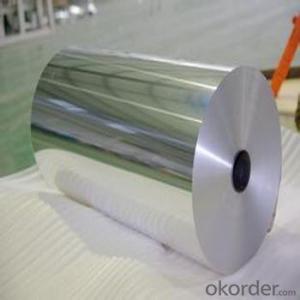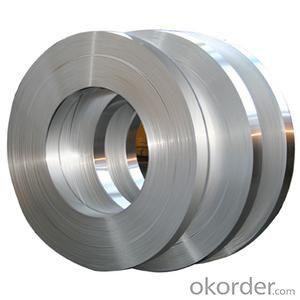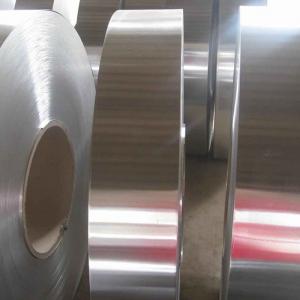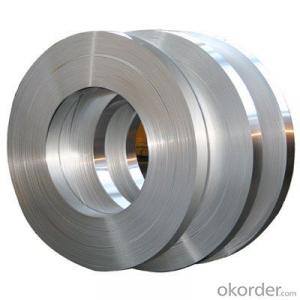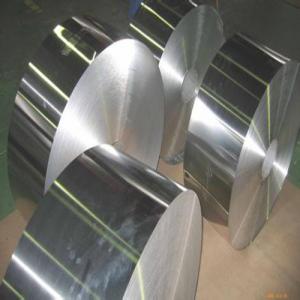Aluminum Foil Strips for LED Light Mirror Surface Aluminum Alloy Strips
- Loading Port:
- Shanghai
- Payment Terms:
- TT OR LC
- Min Order Qty:
- 2.5
- Supply Capability:
- 5000 m.t./month
OKorder Service Pledge
OKorder Financial Service
You Might Also Like
Specification
Aluminum Alloy Strip for Led Light Mirror Surface
lProduct Information
| Alloy | 1050 1060 1070 1100 3003 |
| Brand | CMAX |
| Temper | H24,H32,H16,H18 |
| Grand | 1000 series,3000 series |
| Reflective rate | up to 93.9% |
| Width | ≥ 35mm |
| Thickness | 0.07-1.5mm |
| MOQ | 2.5Tons |
| Application | Led lamp, lightings, furniture, construction, decoration,etc |
| Surface treatment | polishing mirror&cladding mirror |
| Elongtion | 8%(min) |
| Terms of payment | L/C at sight or 30% in T/T, the balance against BL copy |
lPackaging & Delivery Details
Packaging: Standard seaworthy packing
Delivery: About 25 days after received your advance
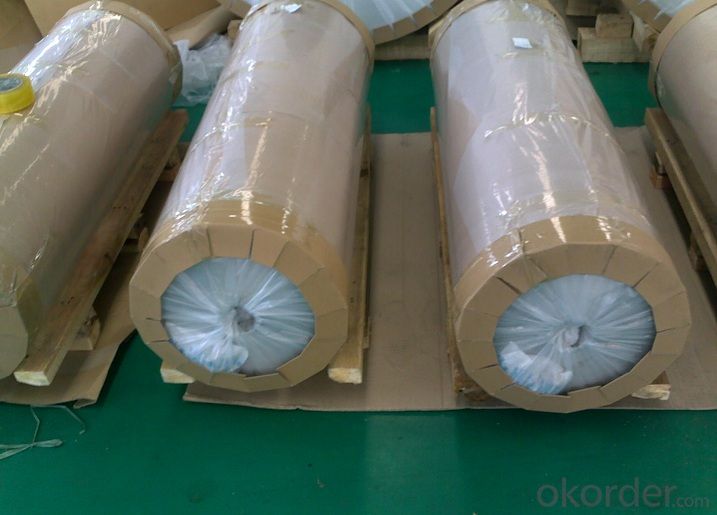
lCompany Profile
CNBM International Corporation, China National Building Materials (Group) Corporation, is one of the largest companies in China building
material & equipment industry, with 42,800 employees and sales in 2005 of US Dollar 4.395 billion. In 2006, China National Building Material Company Limited was listed on Hong Kong Stock Market with the stock code as 3323.
CNBM has been involved in aluminium products for about a decade. With advanced technology and equipment, our products have been sold to the worldwide including America, Europe, as well as South Asia, etc.
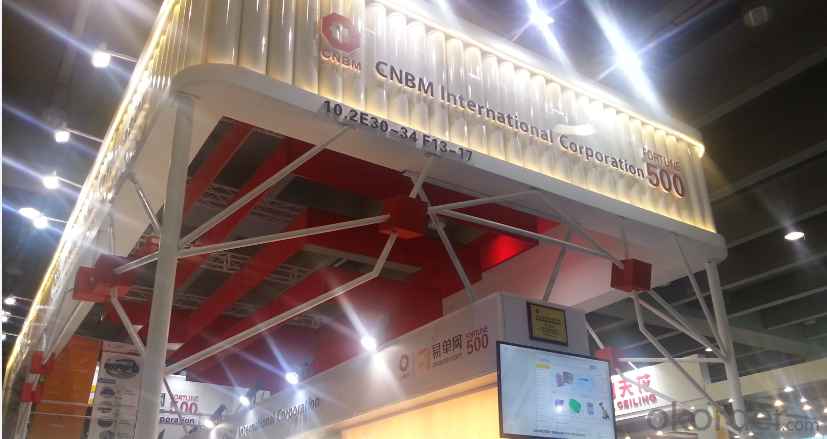
lProduct Images
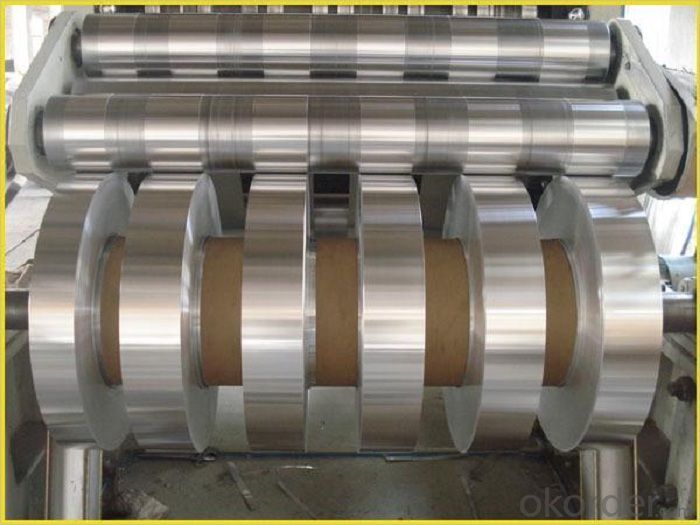
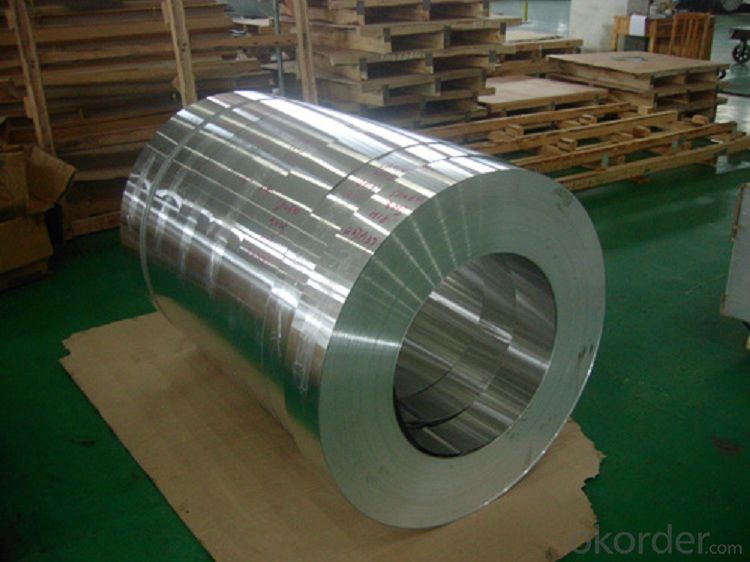
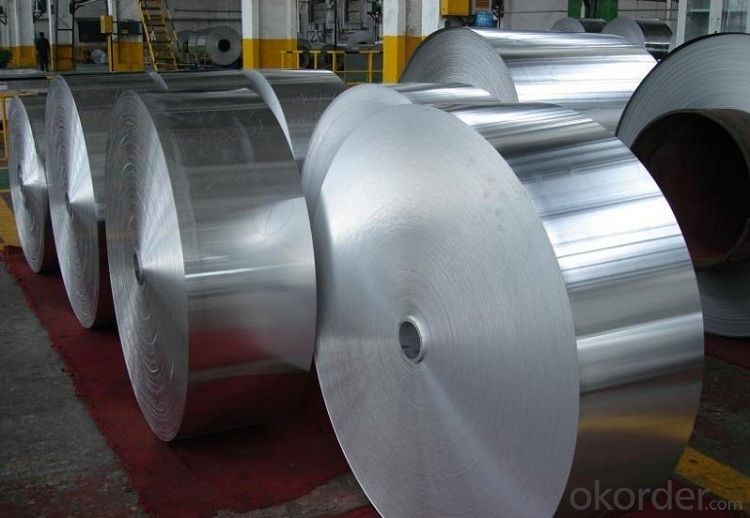
lCertificates
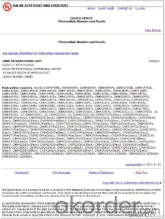
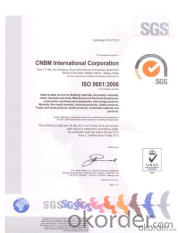
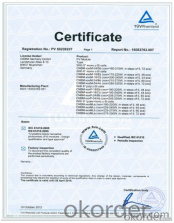
lFAQ
Q: Do you provide free samples?
A: Yes, free samples will be sent to you on freight at destination.
Q: Can I get your latest products catalogue?
A: Yes, it will be sent to you in no time.
Q: What is the MOQ?
A: 2.5 tons
- Q: This question asks about the various applications of aluminum strips within the construction industry.
- <p>Aluminum strips are used in construction for a variety of purposes. They are commonly used in curtain wall systems for their lightweight and high-strength properties, providing structural support while maintaining transparency. Aluminum strips are also used in window and door frames for their durability and resistance to corrosion. In addition, they are utilized in roofing systems for their ability to withstand weather conditions and for their energy efficiency. Furthermore, aluminum strips are employed in electrical wiring and conduits due to their excellent conductivity and resistance to electrical corrosion. They are also used in the fabrication of various construction tools and equipment. Overall, aluminum strips are valued for their versatility, strength, and resistance to wear and tear in the construction industry.</p>
- Q: Is there any risk associated with the use of aluminum strips for roofing and siding purposes?
- <p>While aluminum strips are generally safe for roofing and siding, there are a few concerns to consider. Aluminum can expand and contract with temperature changes, which may lead to buckling or warping over time. Additionally, it is a good conductor of heat and electricity, so it may not provide the best insulation or protection against lightning strikes. Aluminum is also prone to denting and can be noisy in heavy rain or hail. However, it is lightweight, durable, and resistant to corrosion, making it a popular choice for many homeowners. Proper installation and maintenance are crucial to minimize these risks.</p>
- Q: The question asks for the cost of an aluminum strip.
- <p>The cost of an aluminum strip varies greatly depending on factors such as its size, thickness, quality, and market demand. Prices can range from a few dollars for small, thin strips to hundreds or even thousands for large, thick, or high-quality strips. To get an accurate price, it's best to check with suppliers or online marketplaces for current rates based on the specific dimensions and grade of aluminum you require.</p>
- Q: Is it possible to utilize recycled aluminum for the production of roofing materials for residential use?
- <p>Yes, you can use recycled aluminum to make roofing materials for your home. Recycled aluminum is not only environmentally friendly but also cost-effective. It maintains the same properties as new aluminum, making it suitable for various applications, including roofing. Recycled aluminum roofing materials are durable, lightweight, and resistant to corrosion, which are desirable qualities for any roofing system. However, it's important to ensure that the recycled aluminum is sourced from a reputable supplier to guarantee quality and safety.</p>
- Q: What are the potential health risks related to the use of aluminum foil?
- <p>While aluminum foil is widely used in cooking and food storage, there is limited evidence to suggest significant health risks. Some studies have linked aluminum exposure to neurological conditions like Alzheimer's, but the connection is not conclusive. The body does not absorb significant amounts of aluminum from foil, especially when used properly. However, it's important to avoid wrapping acidic or highly acidic foods in aluminum foil, as this could potentially lead to increased aluminum leaching. Overall, using aluminum foil in moderation and following proper food handling practices can minimize any potential risks.</p>
- Q: What unique considerations must be taken into account when storing and transporting aluminum strip stock?
- <p>Yes, there are special requirements for storing and transporting aluminum strip stock. Aluminum is sensitive to moisture and can corrode, so it must be kept dry. It's also important to avoid scratches and dents, which can occur if the material is mishandled. Aluminum strip stock should be stored in a clean, dry environment, away from chemicals that could cause corrosion. When transporting, it should be secured to prevent movement that could lead to damage. Protective coverings or wrappings are often used to shield the material from the elements and potential physical impacts.</p>
- Q: What is the standard thickness for aluminum strip roofing materials?
- <p>The recommended thickness for aluminum strip roofing varies depending on the specific application and local building codes. Generally, aluminum strip roofing is available in thicknesses ranging from 0.018 to 0.032 inches (0.46 to 0.81 mm). For residential applications, a thickness of 0.024 to 0.028 inches (0.61 to 0.71 mm) is commonly used, while commercial buildings might require a thicker strip, around 0.032 inches (0.81 mm) for added durability and longevity. Always consult with a roofing professional or follow local building codes to determine the appropriate thickness for your specific project.</p>
- Q: Is there any health risk associated with the use of aluminum in food packaging?
- <p>There are some concerns about the use of aluminum in food packaging due to its potential to leach into food, especially when in contact with acidic foods. Aluminum exposure has been linked to neurological disorders, including Alzheimer's disease, although the evidence is not conclusive. The World Health Organization states that while there is no clear risk from dietary aluminum, further research is needed. It's important to note that aluminum is naturally present in many foods and drinking water, and the body can only absorb a small amount of aluminum from food packaging. Most aluminum exposure comes from natural sources, not from packaging.</p>
- Q: This question asks if there are certain types of aluminum that have a lower environmental impact compared to others.
- <p>Yes, there are types of aluminum that are considered more environmentally friendly. Recycled aluminum, for instance, has a significantly lower environmental impact compared to newly mined aluminum. The production of recycled aluminum requires only 5% of the energy needed to produce new aluminum from raw materials. Additionally, aluminum alloys with lower carbon footprints, such as those with reduced heavy metal content, can be more eco-friendly. However, it's important to consider the entire lifecycle of aluminum, including extraction, production, use, and disposal, to determine its environmental friendliness.</p>
- Q: This question asks for methods to prevent rusting on aluminum strips during both installation and use.
- <p>To prevent rusting on aluminum strips, ensure that the aluminum is of high quality and free from impurities. Keep the strips clean and dry during installation and use. Avoid contact with corrosive substances. Apply a protective coating or sealant if necessary. Regularly inspect and clean the aluminum strips to remove any dirt or moisture that could lead to corrosion. In case of scratches or damage, promptly repair and seal the affected areas to prevent moisture penetration.</p>
Send your message to us
Aluminum Foil Strips for LED Light Mirror Surface Aluminum Alloy Strips
- Loading Port:
- Shanghai
- Payment Terms:
- TT OR LC
- Min Order Qty:
- 2.5
- Supply Capability:
- 5000 m.t./month
OKorder Service Pledge
OKorder Financial Service
Similar products
Hot products
Hot Searches
Related keywords
